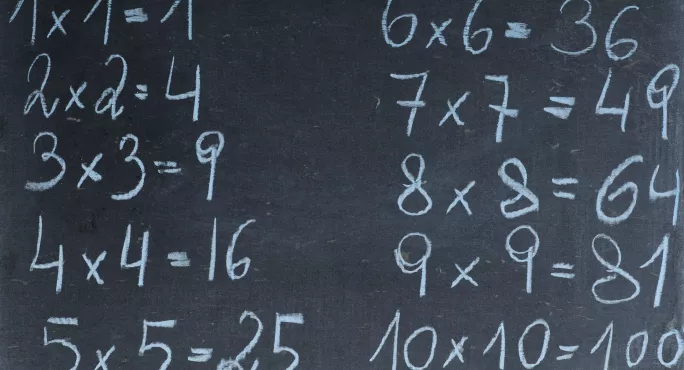Teachers are distorting the curriculum to ensure their pupils perform well in the government’s controversial times tables check, a maths consultant has warned.
The on-screen multiplication check, which will become mandatory next year, involves pupils in Year 4 being given 25 questions, with a maximum of six seconds to answer each one.
The check was brought in following a Conservative manifesto promise that “we will expect every 11-year-old to know their times tables off by heart”.
Quick read: Times tables tests 'will cause anxiety and waste money'
Need to know: The times tables check
Headteacher's view: 'The fact is, learning times tables does pupils a world of good'
However, the NAHT headteachers’ union has branded the check “an enormous waste of money”, while former chief maths adviser Dame Celia Hoyles has raised concerns that the checks could cause anxiety and waste time and money.
Now, a Westminster Education Forum seminar about the primary curriculum has today heard concerns about the effect in schools that have trialled it.
Alison Borthwick, a leading maths and education consultant, told the event she was “very much in favour” of children learning their times tables.
However, she added: “Evidence of working with schools up and down the country, in preparation for the pilot last month, shows me that teachers are distorting the curriculum, narrowing the curriculum, so that their pupils can answer 25 questions in a six-second gap without being able to know the inverse.”
One panellist spoke about the pressures of sitting the times tables check.
Sara Castledine, head of primary delivery at Mathematics Mastery, a non-profit organisation that works with hundreds of schools across the UK, said: “I actually had a go at doing this test and, as somebody who likes to think I am quite competent in mathematics – I do know my times tables – I still only managed to get 22 out of 25.
“The reason was that I panicked, and it was that getting to the keyboard, clicking submit, typing the number in.”
Speaking in April when schools were first allowed to try out the multiplication check, schools minister Nick Gibb said it was designed “to make sure all pupils leave primary school knowing their times tables by heart”.
He added: “Just as the phonics screening check has driven up literacy rates in primary schools, so this check will have a similar effect for basic maths.
"By familiarising themselves with the check, teachers will have the opportunity to be a part of the development process to make sure the check is both effective and user-friendly."




